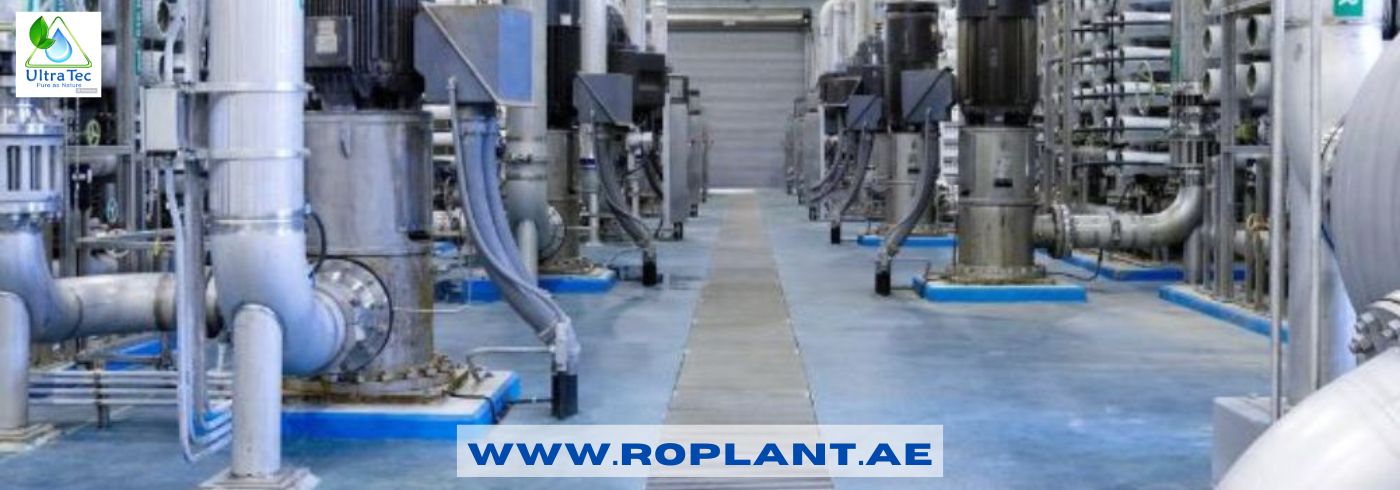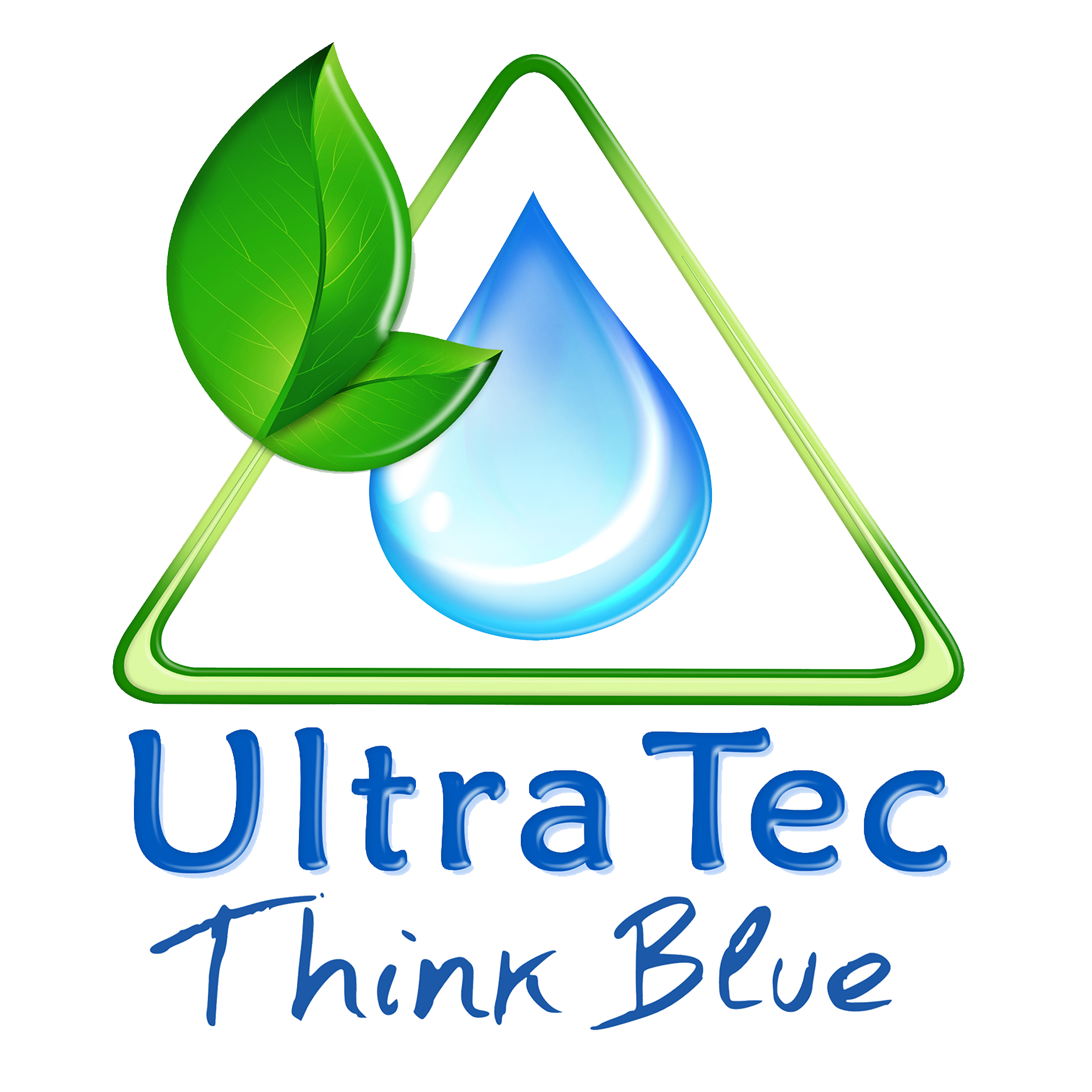
Do you know that roughly 70% of the Earth’s surface is covered with water, only 2.8% is freshwater, and the rest is saltwater? Furthermore, only a small fraction of this freshwater is available for human consumption, so surface water treatment is critical. The importance of surface water treatment company uae, the processes involved, and the benefits it provides.
Introduction
Water is essential for various purposes such as drinking, cooking, washing, etc. However, not all water sources are safe for human consumption, and some may contain harmful contaminants. Therefore, it is necessary to treat the water before using it to ensure it is safe and free of harmful impurities.
Surface water treatment company uae is used to purify surface water from lakes, rivers, and reservoirs to make it safe for human consumption. The treatment process includes physical, chemical, and biological processes that remove contaminants and impurities, making the water safe for human use.
The Importance of Surface Water Treatment
The importance of surface water treatment cannot be overstated. Surface water is vulnerable to contamination, especially from human activities, such as dumping waste products and other pollutants. These contaminants may include harmful bacteria, viruses, chemicals, and heavy metals, which can severely affect humans.
RO plant Surface water treatment is necessary to remove these impurities and make the water safe for human consumption. It ensures the water is free of pathogens, toxic substances, and other contaminants that can cause illnesses, diseases, and even death.
The Process of Surface Water Treatment
Surface water treatment involves several processes, including pre-treatment, coagulation, flocculation, sedimentation, filtration, disinfection, and post-water treatment company uae.
These methods are in the attribute:
- Pre-Treatment
The pre-treatment process involves the removal of large debris, such as twigs, leaves, and other large particles, from the water. This process is essential as it prevents clogging and damage to the equipment used in the later stages of the treatment process. - Coagulation
Coagulation involves adding chemicals, such as aluminium sulfate or ferric chloride, to the water. These chemicals react with the impurities in the water, causing them to clump altogether and form larger particles called flocs. - Flocculation
The flocculation process involves gentle water mixing, allowing the flocs to collide and merge to form larger flocs. - Sedimentation
The sedimentation process involves allowing the flocs to settle at the bottom of a tank or basin. This process separates the flocs from the water, resulting in clear water at the top and sediment at the bottom. - Filtration
The filtration process involves passing the water through various filters, such as sand, gravel, and activated carbon, to remove any remaining impurities. - Disinfection
The disinfection process involves the addition of chlorine or other water disinfectants to kill any remaining pathogens and bacteria that may be present in the water. - Post-Treatment
The post-treatment process involves adjusting the pH and adding minerals, such as fluoride, to the water to improve its taste and quality.
The Benefits of Surface Water Treatment
Surface water treatment provides numerous benefits, including:
- Improved Water Quality
Surface water treatment RO Plant removes impurities and contaminants, producing clean and safe water for human consumption. - Reduced Health Risks
Surface water treatment kills pathogens and bacteria that can cause water-borne illnesses, reducing health risks associated with contaminated water. - Better Taste and Odor
Surface water treatment enhances the water’s taste and odor, making it more appealing for human consumption. - Environmental Protection
Surface water treatment helps protect the environment by removing pollutants and impurities from the water before it is discharged back into the environment. - Economic Benefits
Surface water treatment can provide economic benefits by creating jobs and supporting industries related to the water treatment process.
Frequently Asked Questions
- Q: What is surface water treatment?Surface water treatment is the process of purifying surface water from lakes, rivers, and reservoirs to make it safe for human consumption.
- Why is surface water treatment necessary?Surface water treatment company uae is necessary because surface water sources are vulnerable to contamination from human activities, such as dumping waste products and other pollutants.
- What are the processes involved in surface water treatment?Surface water treatment involves several processes, including pre-treatment, coagulation, flocculation, sedimentation, filtration, disinfection, and post-treatment.
- What are the benefits of surface water treatment?Surface water treatment provides numerous benefits, including improved water quality, reduced health risks, better taste and odor, environmental protection, and economic benefits.
- Is surface water treatment expensive?The cost of surface water treatment varies depending on various factors, such as the source of the water, the quality of the water, and the treatment processes used.
- Is it safe to drink surface water without treatment?Drinking untreated surface water is not recommended as it may contain dangerous impurities that can cause infections, diseases, and even death.
